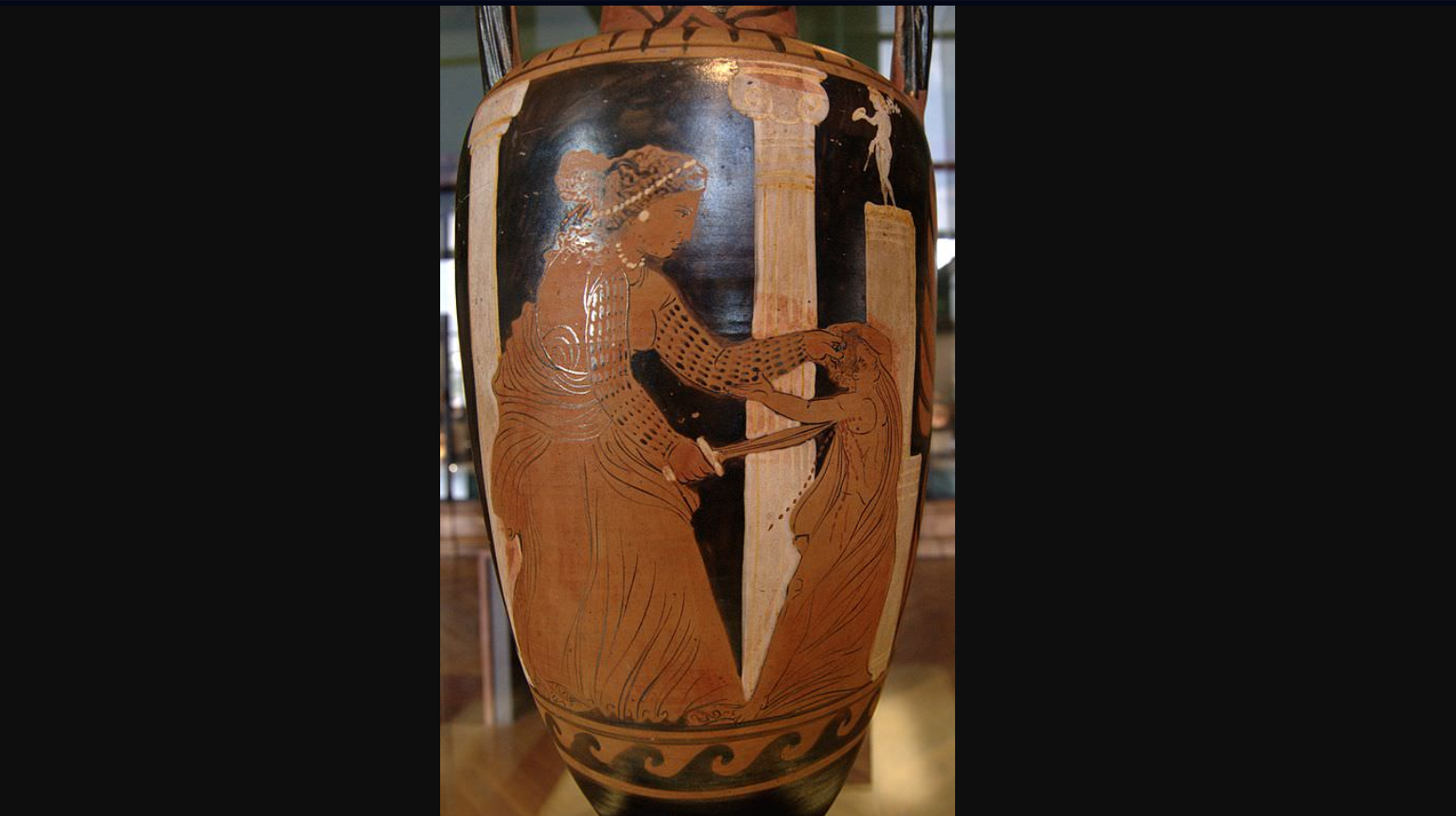Medea’s story, immortalized in Euripides’ tragedy Medea (431 BC), is one of the most harrowing and psychologically complex narratives in Greek mythology. Her tale, marked by betrayal, rage, and ultimately infanticide, challenges the conventional roles of women in ancient society and explores the limits of vengeance and justice. This article examines Medea’s revenge in its mythological, historical, and literary contexts, analyzing the psychological motivations behind her actions and the broader implications of her tale in classical literature.
Medea in Mythology and Literature
Medea, a princess of Colchis and a powerful sorceress, first appears in Greek mythology as an ally to Jason, the hero of the Argonauts. Enamored by him, she aids Jason in acquiring the Golden Fleece, using her magic to overcome insurmountable obstacles. Their relationship, however, takes a tragic turn when Jason betrays Medea by abandoning her to marry Glauce (sometimes referred to as Creusa), the daughter of King Creon of Corinth. This betrayal sets the stage for Medea’s infamous revenge, a theme explored by various ancient playwrights and poets, most notably in Euripides’ Medea.
The Act of Revenge
Medea’s revenge is executed through a multi-faceted and calculated plan that targets not only Jason’s future happiness but also his lineage and legacy. The three primary victims of her wrath are:
Glauce (Creusa) – Medea sends her a poisoned robe, which, upon contact, engulfs Glauce in flames, consuming her in a horrific death. This act symbolizes the destruction of Jason’s new romantic and political ambitions.
King Creon – As Glauce’s father rushes to her aid, he too is consumed by the magical flames, demonstrating Medea’s complete rejection of the political power structure that had facilitated Jason’s betrayal.
Her Own Children – In the most shocking act of all, Medea kills her two sons, often interpreted as an ultimate act of defiance against Jason. By depriving him of his progeny, she ensures that he suffers a deeper, enduring agony.
Psychological and Thematic Analysis
Medea’s actions are rooted in complex psychological and thematic underpinnings:
Betrayal and Vengeance: Medea’s response to Jason’s infidelity transcends conventional revenge; it is an existential assertion of agency in a world that would otherwise render her powerless. Jason’s betrayal is not merely romantic but also social and political, as he casts her aside for a more advantageous match.
The Role of Women in Greek Society: Ancient Greek women were often confined to domestic roles, with little autonomy. Medea, as a foreign woman and a sorceress, exists outside these norms. Her revenge is not only personal but also an assertion of identity in defiance of patriarchal constraints.
Justice and Morality: Medea’s revenge raises profound questions about justice. In a society where men could discard wives for better alliances, Medea’s actions challenge the boundaries of moral and legal retribution. Is her vengeance justified? Euripides leaves this question open-ended, compelling audiences to grapple with the consequences of unchecked passion and justice outside the law.
Medea’s Legacy and Interpretations
Medea’s tale has been revisited and reinterpreted across centuries in literature, theater, and psychology. Seneca’s Medea (1st century AD) emphasizes the horror of her revenge, while modern feminist readings often view her as a symbol of resistance against male-dominated power structures. Psychological analyses, drawing on Freudian and Jungian theories, explore her as a figure of the devouring mother archetype and the extremes of human emotion.
Conclusion
Medea’s revenge remains one of the most powerful narratives of betrayal and vengeance in classical literature. Her actions, both horrifying and thought-provoking, challenge conventional morality and explore the depths of human passion. Whether viewed as a tragic victim or an avenger beyond redemption, Medea’s story endures as a timeless exploration of justice, love, and the human psyche.









